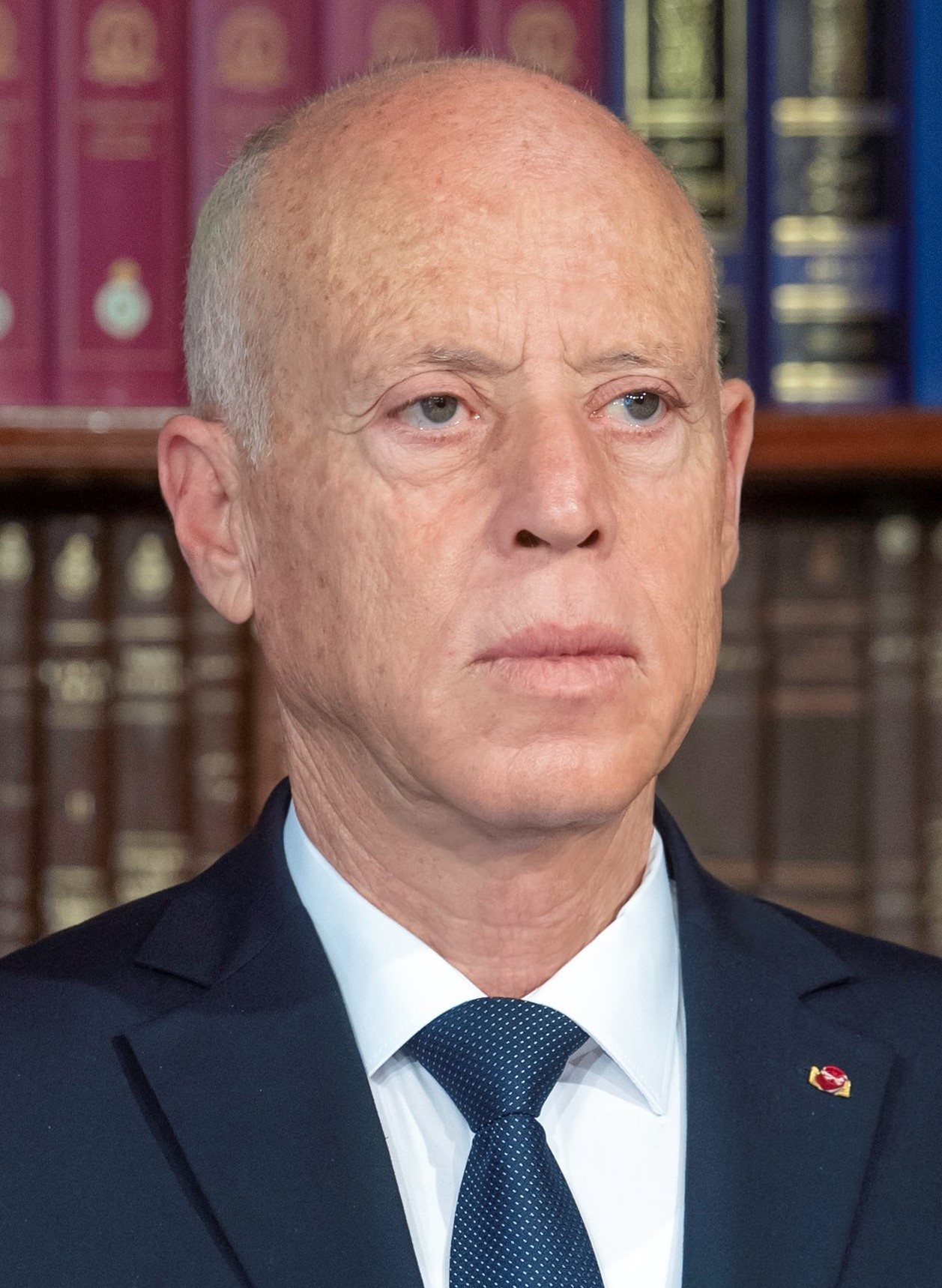
In a speech on 21 February, Tunisian President Kais Saied made racist remarks about Black African migrants inciting violent anti-Black mobs.
In his speech at the National Security Council meeting, Saied stated "hordes of irregular migrants from Sub-Saharan Africa" had come to Tunisia "with all the violence, crime, and unacceptable practices that entails." He claimed that the Black immigrants would "turn Tunisia into just another African country that doesn't belong to the Arab and Islamic nations anymore."
According to Amnesty International, after President Saied's xenophobic remarks, Tunisian men, sometimes armed with "batons and knives," took to the capital's streets and attacked Black migrants or raided their homes.
While Amnesty International has documented countless cases in which Black African migrants were attacked, targeted and arrested by the police, the Tunisian government has denied any anti-Black violence has occurred in Tunisia.
According to Avocats sans Frontières (ASF), at least 840 Black African migrants were rounded up across Tunisia. Further, several organizations have reported that hundreds of Black migrants were intimidated into returning to their own countries.
Amnesty International has called on Tunisian authorities to "investigate and hold perpetrators to account, including, in particular, where police officers were involved in the assault. They should release all arbitrarily detained migrants and ensure that they are not involuntarily returned."
"President Saied must retract his comments and order investigations to clearly signal that anti-Black racist violence will not be tolerated," Amnesty International's Heba Morayef stated.
Read more from Amnesty International here.
